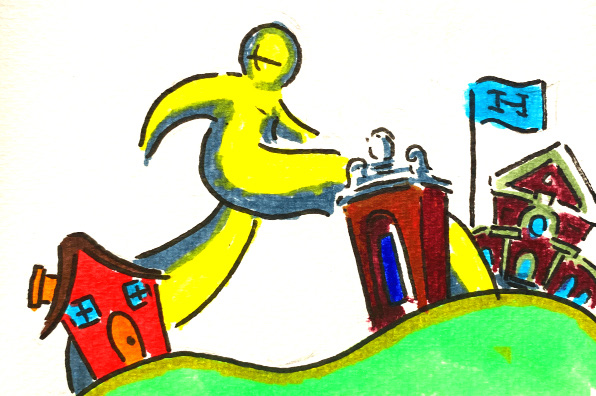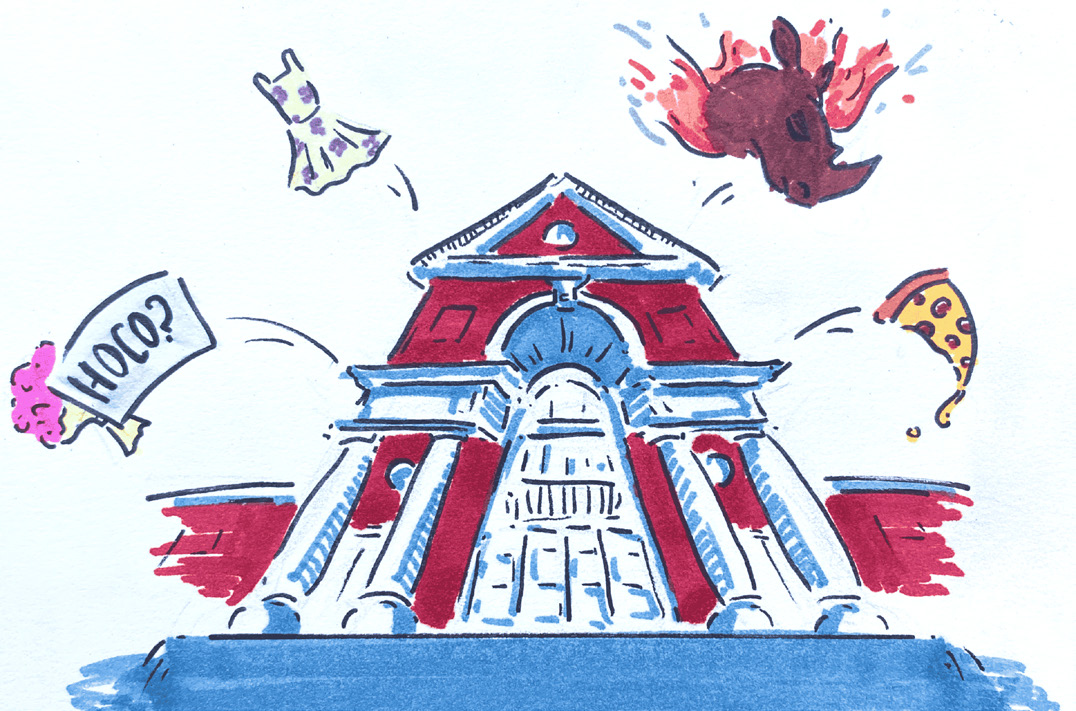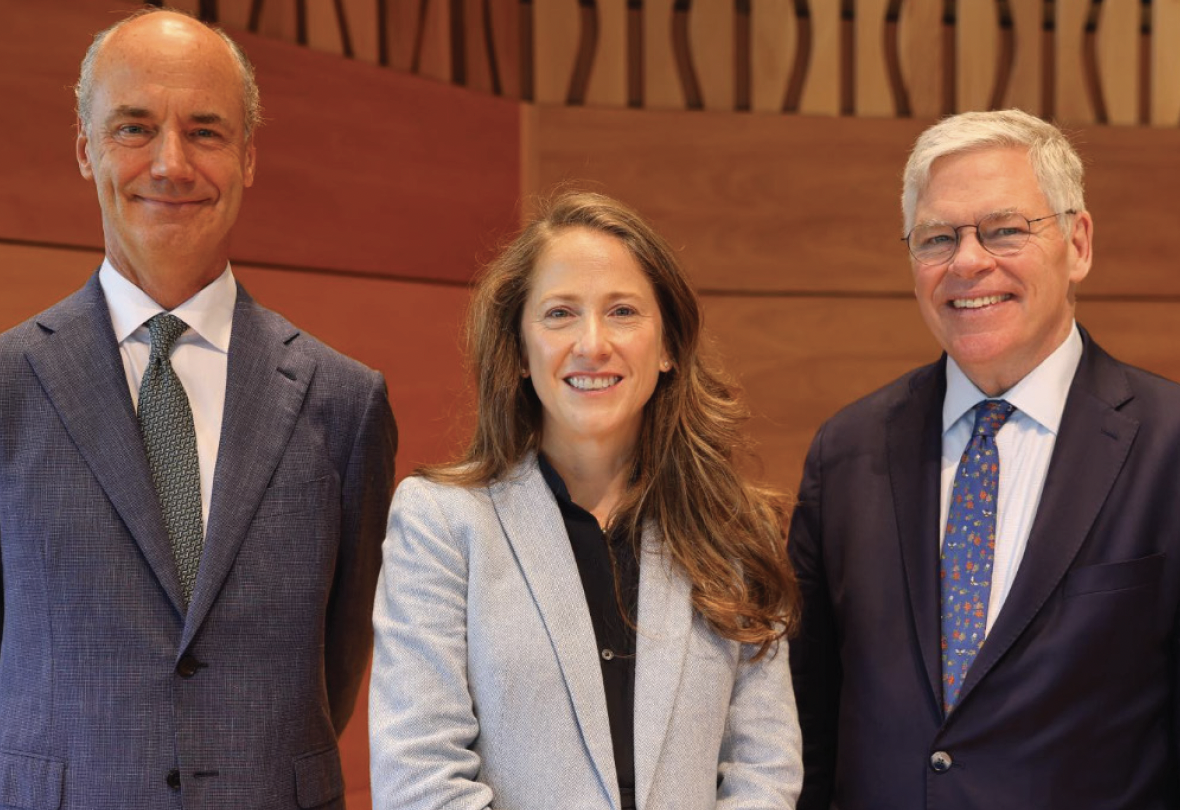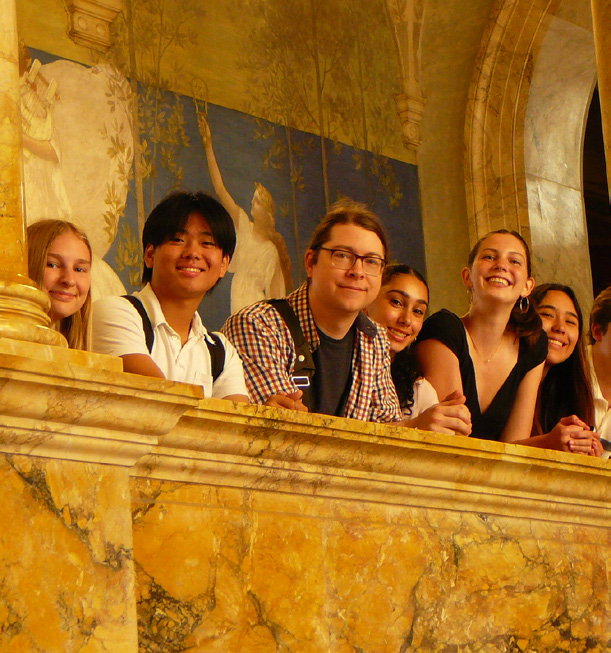I read an article in the recent issue of The Record [“Admissions Mania Harms Clubs” by Sofia Clark ’27 in Vol. CXXVI, Issue No. 7] about the ways in which college admissions harms student clubs. While its argument certainly has some merit, I disagree overall. If you ask me, our fixation on the college process has actually improved our club culture.
Clark argues that focusing on college applications has led students to start clubs purely for the sake of resume-building. She suggests that these students lack genuine passion for their clubs, which, in turn, dilutes their quality. This claim rests on an assumption that is fundamentally misguided: that creating a club with resume-stacking in mind automatically detracts from its value. This is not the case. When students create clubs with an eye toward their applications, it is often true that the higher stakes incentivize them to put in more effort than they ordinarily would. The drive to impress colleges isn’t necessarily superficial; it can fuel meaningful engagement and result in well-organized, effective groups.
Moreover, the assertion that clubs inspired by admissions detract from “genuine” ones assumes that passion is the only measure of a club’s value. In fact, a leader’s level of passion is not necessarily correlated with a club’s inherent value. Leading a club involves organizing people, planning events, managing time, and collaborating with peers—all of which are valuable, transferable skills. Even if a student’s main reason for starting a club is to improve their college prospects, they’re still gaining experiences that will serve them well in the future.
Clubs—no matter their inspiration— are also open opportunities for all students, not just the leaders. Even if a club meets infrequently and has minimal impact (whether due to insincere motivation or other factors), there is no real harm done to the school or its members. A club that is inactive one year can fall into capable and driven hands the next. Club culture isn’t stagnant, and it shouldn’t be viewed as such.
If an especially diligent and ambitious student aims to get into a big-name institution by whatever means possible, they should have the power to do so through clubs. Our community benefits from any form of club activity—regardless of the motivations behind it. Whether by encouraging volunteering with St. Luke’s, thinking about dilemmas with Ethics Bowl, or learning about a new language and culture, all clubs provide positive contributions. Why worry about why they were started?










